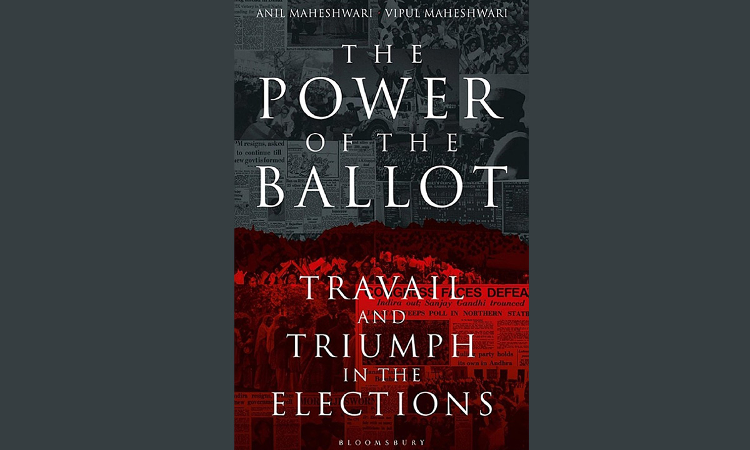This book is through a spectacle of a Veteran Journalist and a Senior Supreme Court Lawyer, they begin their memoir by stating contradictions that occurred during the 2020 elections in India. Indians seem to be 'homoelectionus' in that they love to remain in election mode perennially, knowing well that elections are the bedrock of a democracy which India chose to be more than 75...

